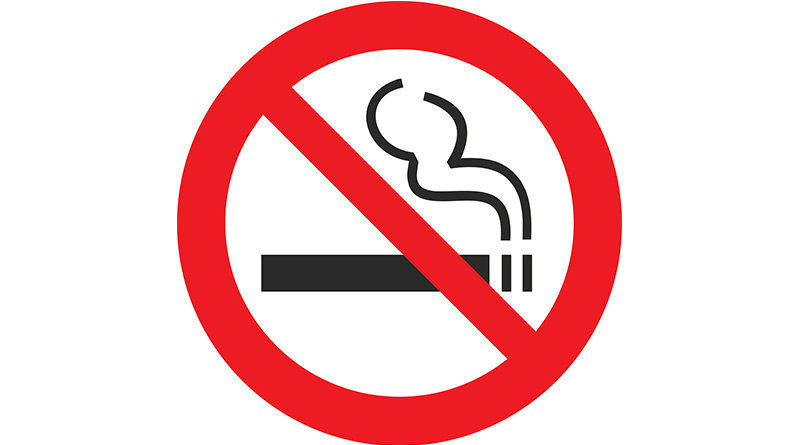Five Councils Prohibit Outdoor Smoking Outside Pubs, Bars and Restaurants

Five councils have prohibited smoking on pavements outside pubs, bars, cafes and restaurants.
Northumberland, Durham, North Tyneside, Newcastle and Manchester have all banned smoking at venues where outside seating is available, and it is expected that other councils will follow suit.
The rules being applied by councils do not relate to pre-existing beer gardens and outdoor areas in place before the pandemic.
The pandemic has encouraged a widespread shift to ‘al fresco’ drinking and dining, as lockdown rules forced the hospitality and on trade outdoors for much of the past year.
The government introduced specific rules during the period of restrictions allowing councils to grant temporary pavement licences to help besieged operators, while indoor spaces were shut to customers.
Councils in England can ban smoking at all hospitality venues under an exception within the Business and Planning Act 2020 which has provision for ‘pavement licences’.
This law states that venues must provide a ‘smoke-free seating’ area, but also gives councils the provision to make 100 per cent smoke-free seating a condition of licence, if the council can demonstrate there is ‘reasonable justification’ to do so. This means councils imposing their own local condition need to set out their reasoning, including why it would benefit public health.
A cross-party bid to ban smoking on pavements outside pubs last year failed in the House of Lords.
Instead, the Government brought forward a compromise to require pubs, cafes and restaurants in England wanting to provide outdoor seating to offer separate non-smoking areas.
Oxfordshire County Council is bidding to make hospitality outdoor seating 100% smoke-free as part of plans to make the country smoke-free by 2025.
UKHospitality CEO Kate Nicholls said the policies were unfair given the financial hardships faced by many venues due to the pandemic.
She said: “this damaging decision would be a hugely disproportionate step and will inevitably deter customers from pubs bars and restaurants, businesses that already find themselves in a very fragile state following months of closure and over a year of severely trading”
It would impose a burden on our hard-working staff can well do without the risk of conflict that could arise when challenging customers breaching the rule, especially now, when they are already coping with an extra burden of Covid regulations and maintaining social distancing. Menus already cater for non-smokers and smokers alike, so me to walk 10 m away from the venue, simply displaces the smoke it is illogical”. She added
Simon Clark, director of the smokers’ lobby group Forest, said in response to Oxfordshire’s proposals: “It’s no business of local councils if adults choose to smoke, and if they smoke outside during working hours that’s a matter for them and their employer not the council.
“Nor should it be the role of councillors to force smokers to quit by extending the indoor smoking ban to any outdoor area where there is no risk to non-smokers.”
He added: “The public will want local authorities to help local businesses bounce back from the impact of the pandemic. They will also be expected to focus on issues like employment and housing.
“Reducing smoking rates to meet some idealistic target is not a priority for most people and council policy should reflect that.”
